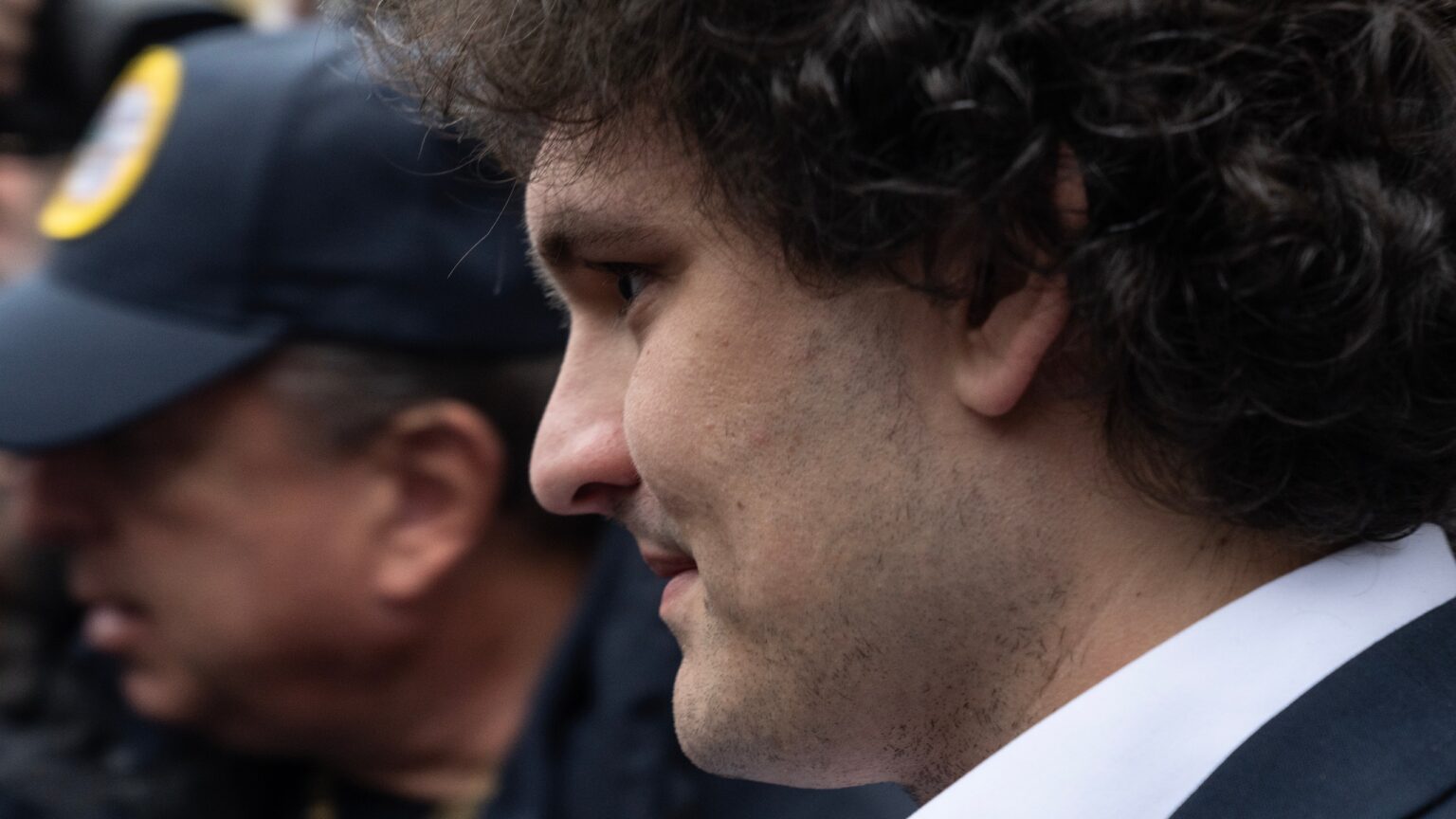Cryptocurrency platform FTX Trading is pressing charges against its founder, Sam Bankman-Fried, and several former executives in a lawsuit claiming over $1 billion in misappropriation.
Delaware’s bankruptcy court complaint stated that the allegedly misused funds led to the company’s bankruptcy. The defendants include Caroline Ellison, previously in charge of Bankman-Fried’s Alameda Research hedge fund, former FTX technology head, Zixiao “Gary” Wang, and the ex-director of engineering at FTX, Nishad Singh.
Sam Bankman-Fried using company funds for criminal defense, FTX says pic.twitter.com/GjzC7SeV6q
— Crypto Crib (@Crypto_Crib_) July 21, 2023
FTX alleges that the defendants continually siphoned off funds for their extravagances. These include luxury condominiums, political contributions, high-risk investments, and other personal projects.
The company categorizes these actions as “one of the largest financial frauds in history,” conducted between February 2020 and November 2022. As the lawsuit claims, the court may deem these transfers avoidable under Delaware law or the U.S. bankruptcy code.
Allegations fly high as Bankman-Fried is accused of misusing funds
Specific instances of alleged fraudulent activities include awarding over $725 million of equity by FTX and West Realm Shires, a Bankman-Fried controlled entity, without any corresponding value received.
Furthermore, the lawsuit accuses Bankman-Fried and Wang of using $546 million to buy Robinhood Markets shares illicitly. Ellison is also alleged to have used $28.8 million for personal bonuses.
The defendants “knew that the (FTX-related entities) were insolvent at the time of the transfers,” FTX claimed.
An intriguing aspect of the case involves Bankman-Fried supposedly financing his criminal defense using a $10 million “gift” transferred to his father. The founder maintains his not-guilty plea for all charges. On the other hand, Ellison, Wang, and Singh have entered guilty pleas and agreed to cooperate with the prosecutors.
The role of Open Exchange (OPNX) in assisting FTX bankruptcy claim holders
Amid these legal troubles, the emerging crypto derivatives and claims trading marketplace, Open Exchange (OPNX), offers a beacon of hope to holders of FTX bankruptcy claims. OPNX provides a platform for these claim holders to access their locked liquidity by enabling them to sell their claims or use them as collateral for crypto futures trading.
According to OPNX creator Mark Lamb, “with claim tokenization, we are offering customers immediate liquidity, the chance to regain control over their funds, and the chance to participate in market opportunities once more.”
This initiative is significant, particularly for small to medium-sized creditors previously hindered by high costs and a lack of liquidity.
OPNX is designed to function as an exchange for crypto bankruptcy claims, specifically from insolvent crypto exchanges. It turns these claims into tradeable collateral for perpetual products, offering a novel solution to an industry problem.
The platform aims to merge the transparency of decentralized finance with the user-friendly experience of centralized finance, thus creating a unique ecosystem for customers of collapsed crypto exchanges. They can trade bankruptcy claims and exchange them for cryptocurrencies and vice versa through order books.
Conclusion
With the lawsuit against Bankman-Fried and his team in progress, all stakeholders of the cryptocurrency industry will be watching closely. The ramifications of the case extend beyond the parties involved, potentially setting a precedent for future cases involving accountability and governance within the increasingly prominent crypto industry.
The lawsuit involving FTX and its founder Bankman-Fried is causing ripples in the crypto space. Amid the ongoing legal proceedings, platforms like OPNX are stepping in to provide solutions for FTX claim holders. These developments underline the volatility and unpredictability of the crypto industry, further reinforcing the need for transparent, robust, and accountable systems.









 and then
and then